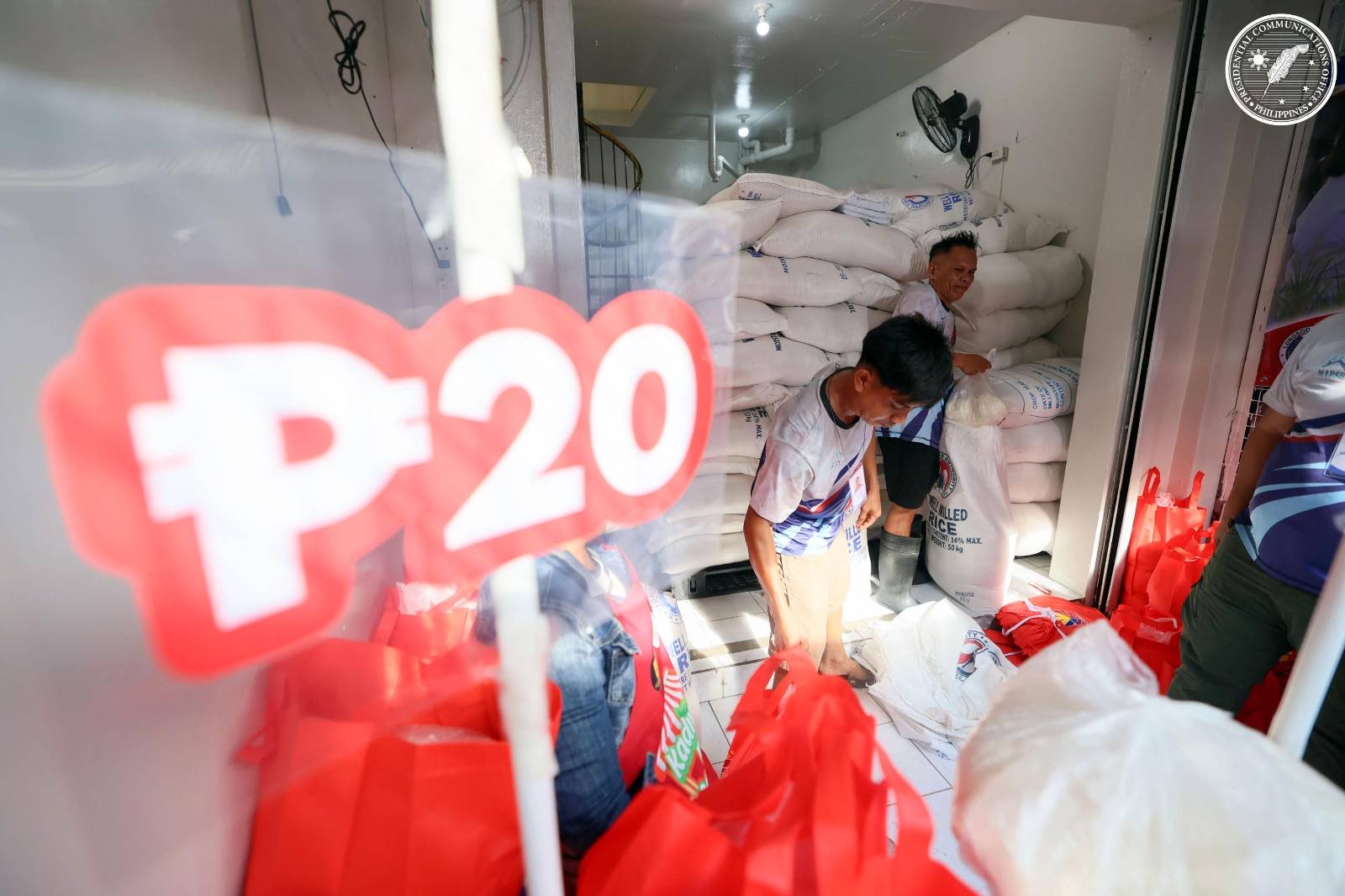
By Brian Campued
The Marcos administration’s whole-of-government approach to “boost local production, improve logistics, and implement calibrated trade and biosecurity measures” have helped tame food inflation to 0.1% in June 2025 from 0.7% in May, the Department of Economy, Planning, and Development (DEPDev) said.
This as the country logged a slight uptick in the headline inflation, rising to 1.4% during the month from 1.3% in May—bringing the year-to-date average inflation to 1.8%, still within the government’s target range of 2% to 4% for this year.
In a press conference at the Philippine Statistics Authority (PSA) on Friday, National Statistician Claire Dennis Mapa explained that the uptrend in the overall inflation was primarily driven by a higher year-on-year increase in the housing, water, electricity, gas and other fuels at 3.2% in June from 2.3% in the previous month.
The easing of food inflation in June, meanwhile, was mainly due to the annual decline in the prices of vegetables, tubers, plantains, cooking bananas, and pulses at 2.8% from an annual increase of 3.4% in the previous month.
Notably, the rice prices continued to decline and recorded a -14.3% inflation, resulting in a yet another record low in the year-on-year inflation for rice since 1995, according to Mapa.
“Sa food inflation, kaya in general ‘yong presyo ng mga bilihin under the food and non-alcoholic beverages as a basket ay bumabagal dahil doon sa bigas,” he said. “Ang weight kasi ng bigas sa ating food basket ay halos 30%, one-third of the food ay bigas.”
In a separate statement, the Bangko Sentral ng Pilipinas (BSP) said the inflation rate could remain below the lower end of the target in 2025, but “could be partly offset by the recent spike in oil prices.”
Mapa said the PSA will continue to monitor the impact of the oil prices to the index of transport as well as the higher inflation in meat and fish in the next inflation computation.
“There are items that we’re seeing that are actually going down or even negative, but there are items that are quite with high volatility plus of course medyo mayroon siyang—we can say, threat that could increase depending on the situation in the other commodities. Ang tinitingnan natin of course yung price ng oil,” Mapa said.
Gov’t remains focused on controlling inflation
DEPDev Sec. Arsenio Balisacan likewise underscored various government interventions to control inflation within the target range, such as the Department of Agriculture’s (D.A.) efforts to strengthen the food supply chain, particularly the rehabilitation of the hog industry.
The D.A. will also establish the country’s first Onion Research and Extension Center in Bongabon, Nueva Ecija aimed at developing effective methods to combat pests and diseases, enhance seed quality, and increase farm yields.
Balisacan said the Department of Energy has also partnered with private oil companies to offer fuel discounts to motorists affected by oil price fluctuations amid geopolitical uncertainties, with at least nine oil companies committing to provide fuel discounts to drivers of public utility vehicles (PUVs), non-PUVs, and transportation network vehicles as of June 30.
“We will sustain these interventions and complement them with targeted initiatives to ensure a continuous, stable supply and shield consumers from future price pressures,” the country’s chief economist stated.
“We will remain focused on strengthening interagency coordination in implementing timely, targeted, and evidence-based interventions to safeguard the purchasing power of Filipino households, ensuring that the much-needed support reaches the most vulnerable sectors of the country,” he added. (with report from Denisse Osorio / PTV News)
-jpv
